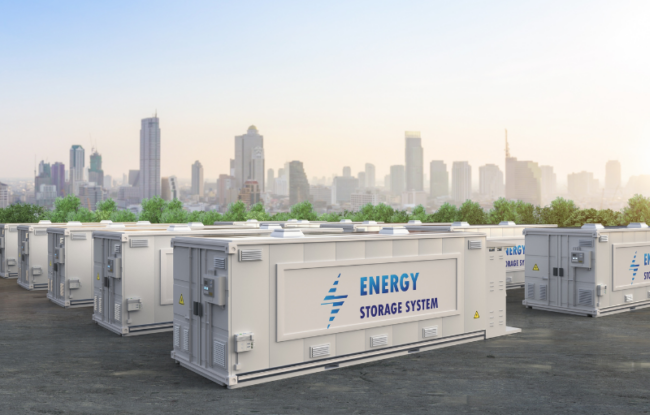Haven Energy, a startup that offers home battery installation services, raised $4.2 million in seed funding. The round was led by Lerer Hippeau and Giant Ventures, with participation from Quantum Innovation Fund and Raven One Ventures.
The company plans to use the new capital to accelerate consumer adoption of its home battery systems in Southern California. The systems offer homeowners backup power in emergencies, lower their electricity bills, and support the transition to a renewable energy grid.
Haven Energy plans to expand throughout California and to additional US markets, targeting 100,000 installations by 2028. The company’s 10 kWh battery can power the basic operations of a house for at least 24 hours. Software maintained by the company will automatically switch a home to draw from its stored energy reserves during an outage and reduce electricity bills by $500-$1,000 per year through optimized time-of-use programming. Where allowed by local regulations, homeowners may also be able to monetize their stored energy by selling it back to local utility companies.
“Home battery prices have decreased substantially in the past ten years, and for the first time, homeowners can earn a federal tax credit to help significantly lower the installation cost,” said Haven Energy co-founder and CEO Vinnie Campo. “We’re creating a turnkey home battery system experience by offering homeowners speed, simplicity, and a way to generate additional revenue, all while providing backup power to their homes.”
“I spent the better part of a year researching and making energy efficiency and electrification upgrades to protect my family from outages and lower our carbon footprint, but the process of figuring out what I should do and what products to buy was so complex,” said Haven Energy co-founder and CPO Jeff Chapin.
According to Mercom’s Annual And Q4 2022 Funding and M&A Report for Storage, Grid & Efficiency, total corporate funding in the energy storage sector was up 55% with $26.4 billion in 2022 (highest in a year), compared to $17 billion in 2021.




